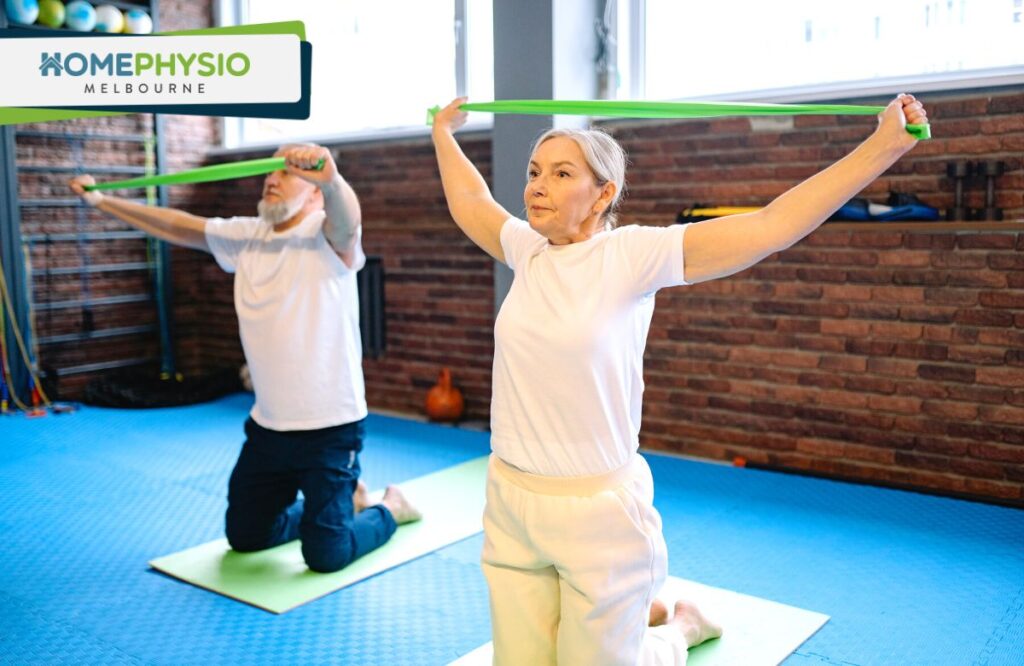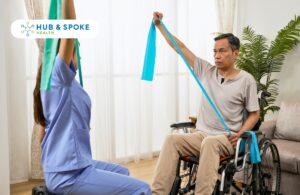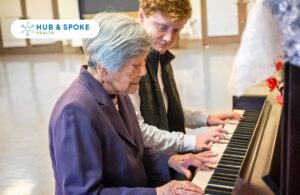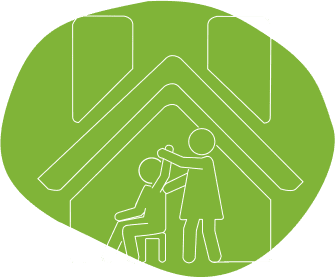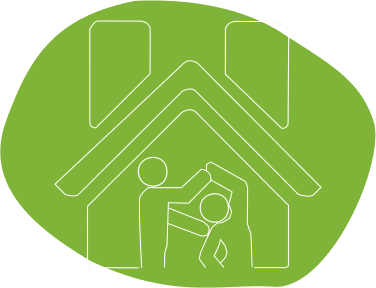As a mobile physiotherapist, a large percentage of my patient demographic is aging or relatively deconditioned. The common presentations and questions posed may be familiar to you.
How do I increase my confidence walking around without falling? How do I reduce the discomfort in my knees/hips/ ankles (the list goes on)? How do I walk further? Why can’t I do what I used to be able to do?
Aging is associated with gradually losing muscle mass, strength, potency, and muscle resistance. Sarcopenia is a progressive loss of muscle mass and function that causes frailty, comorbidities, and mortality.
What is Sarcopenia?
Sarcopenia is the process of our body metabolising (getting rid of) its muscle mass as we age. It has been known to start as young as 30 but accelerates as we age. The process can be pretty slow or quick, depending on lifestyle factors such as resistance training, diet, and sleep.
As you can imagine, losing muscle mass causes a decrease in strength, power, and as a result, balance. This is where we commonly start seeing elderly or deconditioned people lose confidence and capacity in their day-to-day life. The cycle then accelerates because people start avoiding these activities that now seem pretty dangerous.
This can be as small as stopping walking on your weekly golf game and using a buggy because you can’t push the clubs around anymore or as drastic as being unable to get up from a chair throughout the day.
Being sedentary increases the rate of muscle mass loss and functional decline. It also can have a detrimental impact on pain and stiffness as the muscles that were assisting in supporting those painful and potentially arthritic joints are weakened and don’t have the same capacity as they used to.
The role of resistance or strength training in elderly populations
So, what can be done about this?
- Strength training effectively increases muscle density and strength, as you would expect, even as we age. Interestingly it has also been shown to improve balance ability in groups that haven’t also done specific balance exercises.
- Strength training has been shown to help you manage your weight while also alleviating the symptoms of diabetes, osteoporosis, back pain, and depression. Strength training also promotes a faster metabolism and better glucose control.
- Chronic diseases such as cardiovascular disease, diabetes, and COPD are common among the elderly. Regular resistance training has also been shown to improve the health status of people with these conditions, particularly regarding the quality of life and functional capacity.
- Exercises to test coordination and balance should be included in resistance training. This includes exercises like standing on an unstable surface like foam and performing exercises like bicep curls or squats while maintaining balance. This type of training will aid in preventing falls by improving balance and coordination and significantly improving functional capacity in the elderly.
- Within time-limited clinical pathways, resistance exercise training could improve overall health.
As a result, this type of exercise is my preferred front-line treatment for almost all ailments in the elderly, whether it be balance, physical activity endurance issues, or pain and stiffness.
The key to this exercise being effective is finding an exercise that is difficult but not impossible. In the same way, as you wouldn’t give a 2nd grader a complex algebra equation to solve or a 10th grader simple addition and subtraction to increase their maths ability, you won’t be giving a 90-year-old a 50kg back squat.
Tailoring the exercise towards specific goals and ensuring that it is consistently challenging enough to ensure you are improving and progressing your ability is the key to making resistance training effective.
Is strength training effective for 70-year-olds?
Indeed, numerous studies show that seniors over 70 can benefit from regular strength training in the same way that young adults do. Before beginning a new strength training routine, seniors should consult their doctor.
The American College of Sports Medicine recommends weight training for all people over 50, and even those in their 90s can benefit. You may notice that your balance improves, your walking pace quickens, and climbing stairs becomes more accessible, making you less likely to fall.

Final thoughts on strength training for the aging population
Physical activity levels in the elderly population decline with age. This affects not only the intensity of the exercise but also its duration, resulting in difficulties performing daily tasks and a general decrease in quality of life.
This level of physical inactivity is regarded as one of the leading causes of obesity, mortality, and functional disability in the elderly.
If you or anyone you know are struggling more with any of the above issues or the idea of beginning a tailored strength training program, please get in touch with us at Hub And Spoke Health to come out where you are and help get you started!
Book an appointment with us today! Our team of experts will lead you down the best treatment path for your condition.
Author
-

Nathan is an enthusiastic practitioner who has an extensive history in chronic pain, musculo-skeletal rehabilitation and long term management of patients needs and goals. He is well rounded in his skill set of exercise prescription, manual therapy and therapeutic modalities like breath and meditation and uses his experience both here and in the UK to achieve the best outcome for his clients.
View all posts



